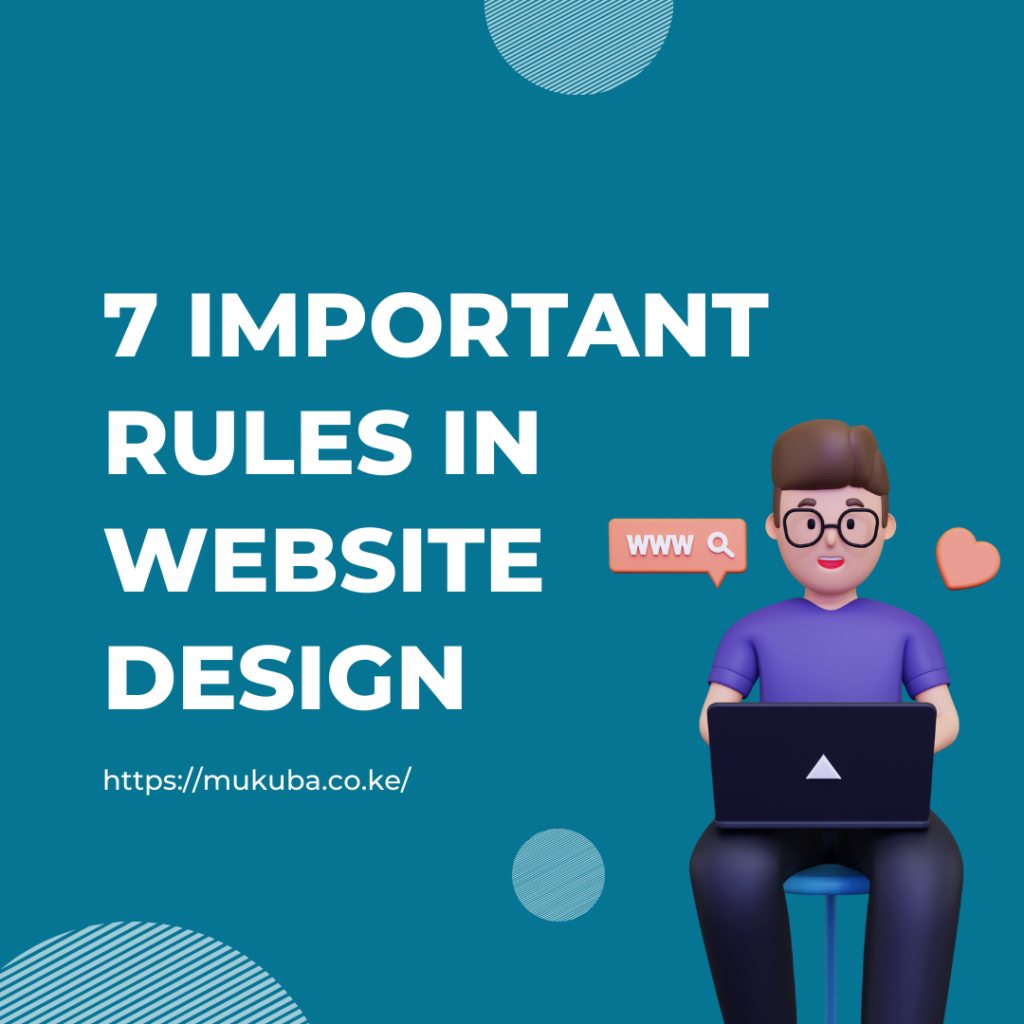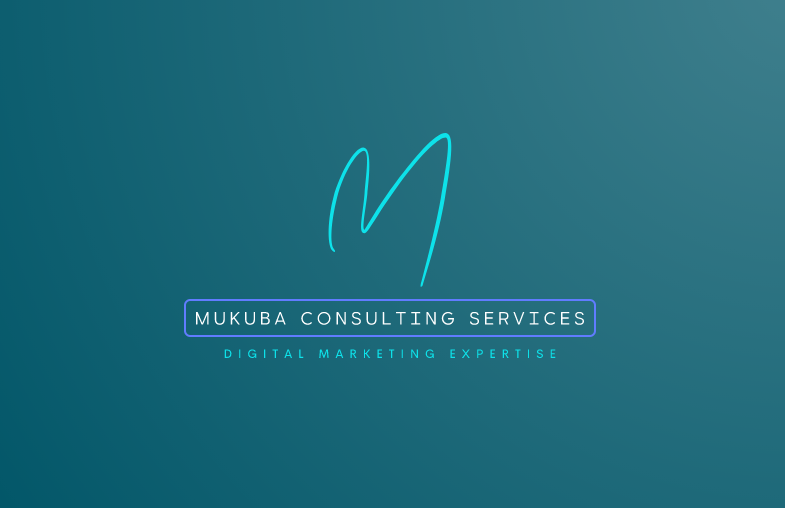Everything now goes through the internet, and the sale of real estate is obviously no exception to the rule! Instead of going to a physical real estate agency, those who want to buy a new house have another more practical alternative: go through the ads on the web. This is why it is important for real estate agencies to be present on the web, and this is through their own website.
The website is now an essential part of your business. As a real estate agency, this article is for you! Find out why and how to create a website, and see the role of a digital agency.
Advantages of a website for a real estate agency:

Increased Visibility
Having your own showcase on the web is a real asset for real estate agencies wishing to win new customers. Indeed, the advantages of creating your own real estate site are numerous, starting with the wider distribution of ads to potential prospects, whether sellers or buyers.
The site thus created will then serve as a business card for your agency, but also as an online catalogue of the goods you sell. In addition, the properties will be better-showcased thanks to new technologies, such as 3D virtual tours and others. This obviously does not replace a classic real estate visit, but allows buyers to have a first glimpse of their future without having to travel.
24/7 Availability
In addition, if the opening hours of your real estate agency are limited, your real estate website is accessible 24/7. Your customers will be able to consult it anywhere and anytime, whether at home via a computer or on a smartphone.
Lead Generation
A website can generate leads for your real estate agency. You can capture leads by offering free resources like e-books or webinars and by encouraging visitors to fill out contact forms or subscribe to your newsletter.
Brand Identity
Your website can help establish your brand identity by showcasing your unique value proposition, branding elements, and testimonials from satisfied clients. It also allows you to share your agency’s story and mission, giving potential clients a reason to choose you over your competitors.
Cost-Effective Marketing
Creating a website is an affordable marketing strategy for real estate agencies. It enables you to reach a larger audience and promote your agency’s services without spending a lot of money on traditional advertising methods.
In short, creating a website for your agency improves its notoriety in the real estate sector and generates more prospects.
How to create a real estate website? The 7 points to keep in mind

Define objectives to achieve with your real estate site.
It is often said that a real estate website is an essential showcase for real estate professionals. However, the “showcase” side only represents 20% of the real usefulness of your real estate agency website. The remaining 80% includes everything that allows your site to generate performance, that is to say, to bring in mandates.
Your website must meet performance objectives, whether it is:
- a number of contacts made,
- a volume of sales prospects entered into the database, or
- a quantity of mandates signed.
It must also be fully “tracked” so that you can analyze and monitor your performance and determine whether your goals will be achieved.
Lastly, when creating a real estate website, it’s important to consider your field of activity, your corporation, and the competition. Consider doing a benchmark: a comparison of what your direct competitors are already doing and their digital strategy.
Profile your target customers.
Defining your target audience is crucial in creating a real estate website. Your website must meet the needs and expectations of your customers. Therefore, profiling your typical customers is essential. Consider the following questions:
- Who is your target audience? Is it B2C (individuals) or B2B (companies, for example if you work with professional real estate)?
- What are the socio-professional categories of your target audience?
- What are their needs and expectations?
- Where are they located geographically?
The creation of a real estate website and the definition of its functionalities depend on the type of target clientele.
List the essential features of the site (specifications).
Creating a list of essential specifications is a precious document that will allow you to adapt your website to your needs. To do this, start by formalizing your needs, which can be many and varied. Some examples include:
- An internal search engine for enhanced user experience;
- An announcements presentation page;
- A contact page;
- A landing page with a form;
- A page to subscribe to the newsletter;
- Responsive design (so that the pages are also displayed on mobiles);
- Service pages;
- Images and videos;
- Sharing buttons on social networks;
- A real estate blog on which you can publish targeted content;
- A gateway to your real estate software;
- Tools for collecting and analyzing business statistics.
These needs will be the basic specifications for your real estate website creation. However, they must be adapted to your profession and corporation. Designing a real estate website for an agency or for a branch will require different functionalities.
Anticipate the key elements to integrate
These features are important, and writing a complete specification when you want to create a real estate website is essential. However, there is no question of forgetting that your real estate agency or network website will also be a showcase!
First, as a showcase, your site must display certain key information that it is better to plan to integrate in advance, to be sure that they will have their place. Notably:
- A contact page with the contact details of your agency;
- A presentation page for your agency/network (with a bit of storytelling, it’s always good from a branding perspective);
- Pages to present your services;
- A page dedicated to your team: this will reinforce the “human” aspect of your agency;
- A geolocation feature, so that prospects can find you from their mobile phone;
- References (customer reviews);
- Figures about your agency;
- Legal information;
- Etc.
Second, a storefront is only effective if it conveys existing values. And these values are those of your agency/network, those that are reflected in your graphic and visual elements.
In short, you must imagine how to create a real estate website that is adapted to your visual identity: use of your logo, application of your graphic charter, but also integration of your brand in the domain name chosen for the site (beware, because it will not be possible to change it later, except to migrate your entire site to another platform).
Make no mistake: it’s not about betting everything on design. Designing a real estate website is not producing a work of art; it is first to highlight an identity and services, then to establish bonds of trust with prospects. The important thing is not that it is beautiful or original (without opting for an ugly site, either!), but adapted to your activity.
Immediately think about acquiring prospective sellers and buyers
How to create a real estate website also means asking yourself (upstream) how to attract traffic and acquire seller and buyer prospects.
Here, the issues are clear:
- A site that is not referenced on search engines is invisible. And an invisible site is not seen by Internet users, who therefore cannot click on it and contact you.
- It is, therefore, necessary to ensure that your agency site is found in the first results on Google, otherwise no click.
You can do this by the massively use the levers at your disposal, namely:
- Natural referencing (SEO) which consists of working on your pages so that they are better positioned in search engine results. It is called “natural” because it allows pages to be displayed through organic, non-advertising links.
- Paid referencing which is a form of display advertising specific to search engines. Your links are said to be “sponsored” and appear at the top of Google results. But every click pays off!
These levers must be put in place from the stage of creating a real estate website, particularly in the context of SEO. Because the technical optimization of the site must be done as soon as possible, so that the pages are taken into account immediately.
Basically, SEO works over the long term, often in conjunction with an inbound strategy. Paid links can be used when launching your website, to make it known more quickly, before handing over to SEO (Google Ads).
Incorporate tracking tools
Another important point to consider for the creation of a real estate website is the need to “track” all of your future website. “Tracking” means closely monitoring each page of your site to evaluate its performance. This helps you to know at any time how many visitors have visited your pages, how long they have stayed, what they have seen, what actions have been taken, if they have shared content on social networks, and if they converted into customers, etc.
Among the most widely used statistical analysis tools, you may already be familiar with Google Analytics. By linking it to your website, you will get a lot of data about your pages and their performance.
Choose your service provider
We come to the most important question before creating your real estate agency website: How to create a real estate website – on your own or by entrusting your project to a service provider? Internal or external? The answer is not so simple. It depends on your budget and your needs. But there are two things you need to know:
Yes, anyone can create their own real estate site. Just go to a dedicated web platform and follow the steps indicated. It’s free as long as you don’t use too many features. You can also entrust this task to the geek neighbor or the computer scientist cousin.
No, it will not be enough to provide you with a suitable site. Admittedly, your creation of a real estate website will not have incurred any costs, but you will only have limited support in terms of features and impossible to customize (at best). And even if a talented developer designs a great site for you, it will not necessarily be adapted to your real needs.
Creating a real estate website is not just a question of cost: it is above all a matter of adequacy between the support and your needs. In addition, going through a free platform could cost you more in the end, either because you will not achieve anything (dead losses), or because you will end up buying the missing features at a high price (exploding budget).
By outsourcing, that is to say by entrusting this work to an agency that knows how to do it, you will benefit from many advantages:
- No need to torture yourself to know how to create a real estate website and how to integrate this or that functionality: everything is taken care of from A to Z by the service provider;
- Professionals master the right tools, they move quickly and deliver a 100% functional result;
- An agency specializing in real estate will respond very precisely to your agency or network needs, or better: it can anticipate your needs;
- A site made by a pro is updated regularly and maintenance is included;
- SEO aspects are taken into account from the outset;
- All the complex steps related to the creation of a real estate website are no longer your responsibility (purchase of the domain name, management of hosting, etc.);
- You save time and therefore money in the long term.
Conclusion
Creating a website for your real estate agency is a great way to establish your brand identity, generate leads, and reach a wider audience. By following the steps outlined in this article, you can create a website that meets your business needs and helps you achieve your goals.




[…] their services at several points of contact such as in search, on social networks, emails, or their websites. By utilizing digital platforms effectively, it is possible to interact with mass audiences […]